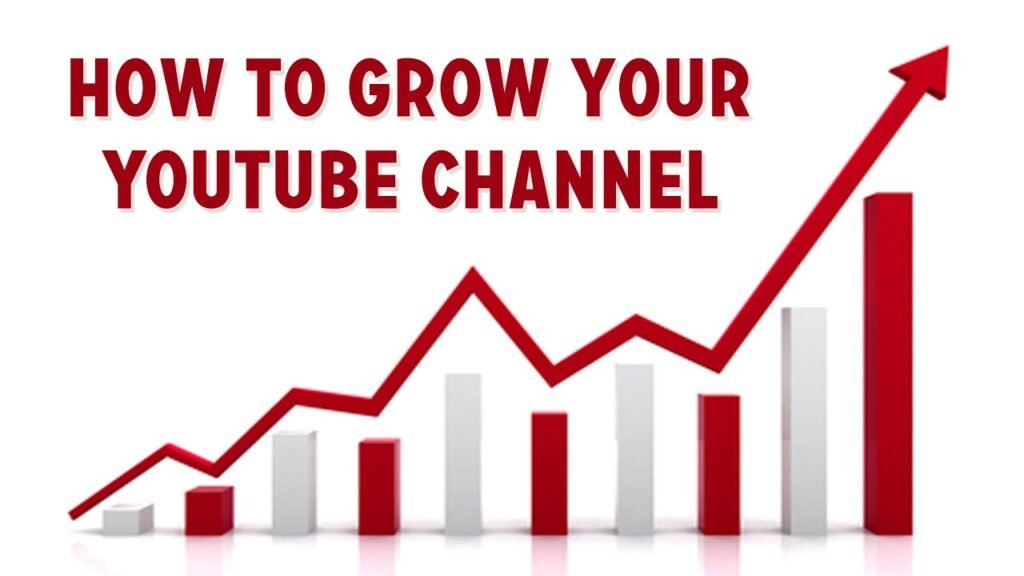In today’s digital-first world, customers are more skeptical than ever. Traditional brand messaging alone is no longer enough to convince buyers. People want proof—real experiences from real users. This is where testimonial-based marketing becomes one of the most powerful tools for building trust, credibility, and conversions.
Testimonials showcase authentic customer experiences, allowing potential buyers to see the value of a product or service through the eyes of someone like them. This psychological influence significantly impacts purchase decisions, making testimonial-driven marketing one of the strongest strategies in modern branding.
1. Why Testimonials Matter More Than Traditional Advertising
Consumers trust people more than brands. Numerous studies show:
- 92% of consumers trust recommendations from peers—even strangers—over traditional ads.
- 88% of people trust online reviews and testimonials as much as personal recommendations.
- Testimonials increase conversion rates by up to 34%.
This trust exists because testimonials feel genuine, relatable, and human.
2. Types of Testimonials That Drive Conversions
Different testimonial formats can be leveraged across platforms:
a) Written Testimonials
Short quotes or detailed feedback shared on websites, landing pages, or product pages.
b) Video Testimonials
Highly engaging because viewers can see emotion, tone, and authenticity.
c) Social Media Mentions
User posts, comments, and shares on platforms like Instagram, Reddit, or Facebook.
d) Case Studies
In-depth success stories showing how a product/service solved a real problem.
e) Influencer Testimonials
Influencers sharing real experiences with the brand.
Each format can be strategically placed across digital channels to reinforce trust.
3. The Psychology Behind Testimonial-Based Marketing
Testimonial marketing works because it leverages four powerful psychological principles:
a) Social Proof
People follow what others approve of, especially when making uncertain decisions.
b) Authority
Testimonials from experts or industry leaders boost credibility.
c) Similarity Bias
People trust opinions from those they relate to—age, background, lifestyle, or goals.
d) Fear of Missing Out (FOMO)
Seeing others benefit makes undecided buyers feel they should try it too.
These psychological triggers directly influence buyer confidence and behavior.
4. How to Collect High-Quality Testimonials
a) Ask Customers at the Right Time
Ideal moments include after a successful purchase, service completion, or positive feedback.
b) Provide Simple Submission Options
Use Google Forms, WhatsApp, email, or automated review links.
c) Encourage Honest and Detailed Responses
Ask specific questions like:
- “What problem were you facing?”
- “How did our product help?”
- “What results did you achieve?”
d) Offer Incentives (Ethically)
Discounts, loyalty points, or exclusive content in exchange for genuine reviews.
5. Where to Use Testimonials in Marketing
a) Website Homepages
Highlight your strongest success stories.
b) Product or Service Pages
Influence buyers at the point of decision.
c) Landing Pages for Ads
Increase performance of Google Ads and Meta Ads.
d) Social Media Posts & Stories
Build a narrative showcasing customer happiness.
e) Email Campaigns
Improve engagement and click-through rates.
f) Google Business Profile
Boost local SEO and trust for location-based services.
6. Using Testimonials to Boost SEO & Conversions
Testimonials enhance SEO through:
- Unique, user-generated content
- Increased time on page
- Higher engagement
- Increased trust signals for Google
They also improve conversions by reducing hesitation and demonstrating real-world success.
7. Video Testimonials: The Highest-Performing Format
Video testimonials can increase conversions by up to 80% because they:
- Feel more authentic
- Capture genuine emotion
- Build emotional connection
- Are highly shareable
- Perform well in paid ads
Brands should invest in creating simple, honest, and relatable video stories.
Conclusion
Testimonial-based marketing is one of the most effective ways to influence buying decisions in the digital era. When customers see real people sharing positive experiences, it builds trust, credibility, and confidence—far more than conventional advertisements can. Whether through written reviews, videos, or social media shout-outs, consistent use of testimonials strengthens brand reputation and drives long-term growth.
If you want to implement testimonial-rich landing pages, high-conversion ad creatives, and authority-building SEO strategies for your business, visit TechsterTech.com — your trusted partner in modern digital marketing and brand growth.



